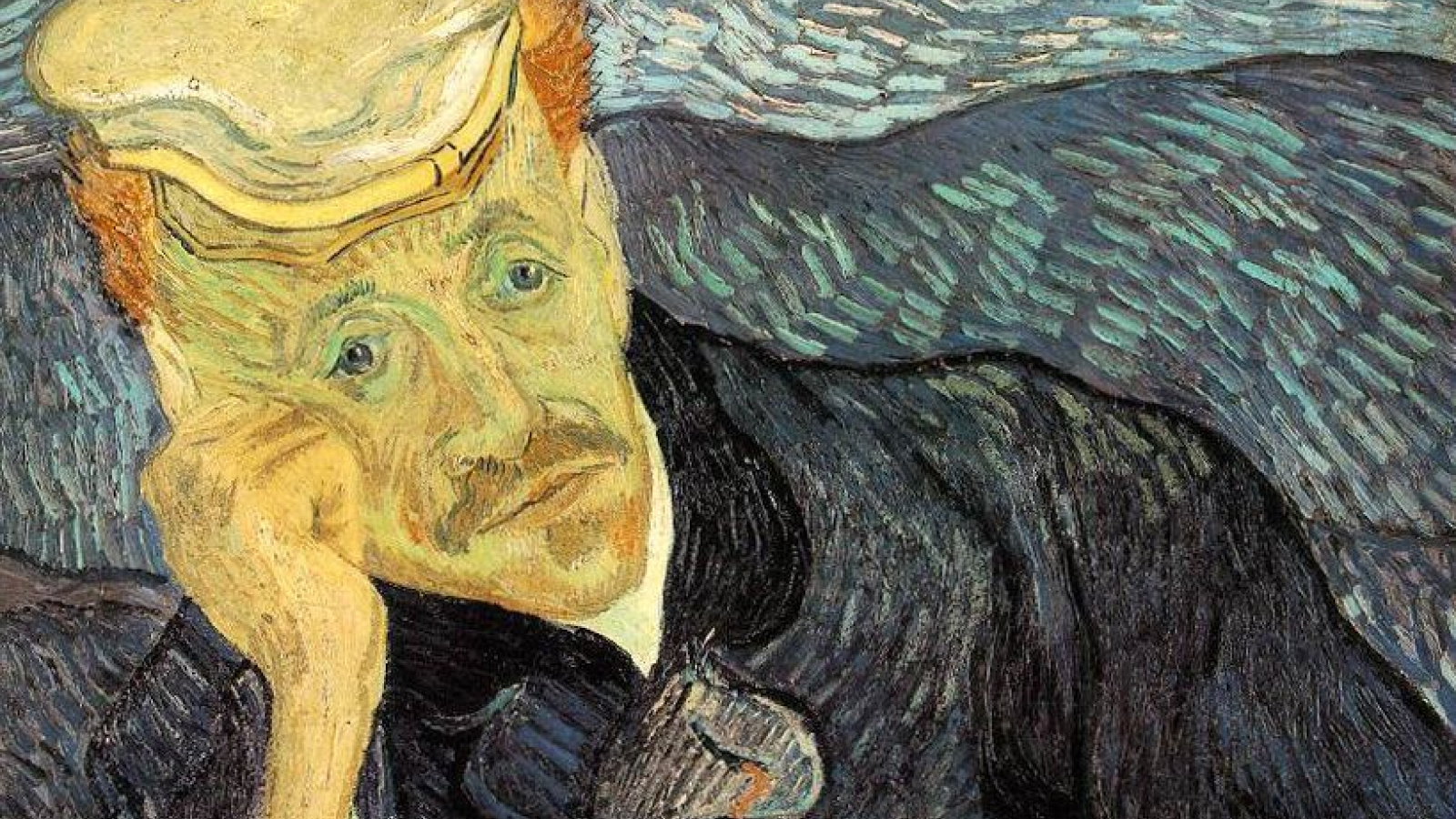Endless stuff of comedy.
Question: Why do you find ignorance so interesting?
Jonathan Franzen: To allude to one of the great comedies about unknowing ever written, which was Pale Fire [by Vladimir Nabokov], Charles Kinbote [a character in Pale Fire] and amusement park across the street, while he’s tried to concentrate on his own annotation of a thousand line poem.
Nabokov’s characters are wonderful. So much of that is the comedy of not knowing.
When one of the kids at school passes Kinbote the note that says, “Man you got H-dash-dash-dash-dash-dash--S real bad,” and the word is obviously halitosis. But of course what Kinbote tells us is, “That’s not enough dashes for the word hallucinations." It’s so perfect.
You don’t know where to begin with how extraordinary that is because, of course, Kinbote is having hallucinations, and the entire piece is filled with all of these faulty memories and these completely hallucinated scenes. But his response when someone passes him a note about his bad breath is to misread it as accusing him of having hallucinations, in order to of course, I mean this is a foul lie he's having hallucinations. But of course he knows he is.
So that kind of play I really like, for instance, but it’s there in a lot of writers.
Most comic characters are unknowing. They can’t be funny; unfunny comic characters can; but genuinely comic characters don’t know how funny they are. That is, then they would just be witty or something or they’d be stitches.
So it’s impossible to imagine real comic scenes without a high degree of unknowing, of hilarious lack of self knowledge, lack of awareness. Otherwise, you just get wit or you get slapstick or some less interesting sub genre of comedy.
But, somebody who comes out and thinks he’s incredibly important but is not, well that’s very funny, that’s a genuinely comic situation and we’re laughing because we see something that that person doesn’t.
To take two examples. I think it has to do with my own taste for comic writing which I think tends to track pretty closely with the presence of real literature. Because that comedy of not knowing is so close to the tragedy of not knowing and so it grows out of my own sense of what literature is and what my taste in it is.
Topic: Good comic writers.
Jonathan Franzen:Other good comic writers? Well [Franz] Kafka’s very funny. “Man Who Loved Children” [a novel by Christina Stead] is very funny. Dave Wallace [David Foster Wallace] is very funny.
Most of these people I’m mentioning are very funny. [Rainer Maria]Rilke not so funny, but not entirely unfunny.
In that novel of Rilke’s [The Notebooks of Malte Laurids Brigge], there’s this great scene where young Rilke, there’s this family, there’s some family friends that they have to go and visit, and it’s okay except this family is crazy. And occasionally it comes because in the middle of a nice social evening, they all fall silent and go [nose sniffing] and they will all kind collectively hallucinate this ghost smell, and the entire room will go still and the family, I think they’re called the Schulan’s, they all start creeping around sort of smelling. Where’s that smell coming from? That’s a funny scene. So even Rilke could be funny.
Question: Is Gogol funny?
Jonathan Franzen: [Nikolai] Gogol, yes. Although I admit I got a little bogged down when I went back and tried to reread “Dead Souls” not that long ago. I felt like I’d gotten “Dead Souls” on my first half reading and then full reading and it wasn’t quite working for me so much anymore. But yeah, very, very funny.
There’s a real bitter taste to Gogol’s humor I have to say. He was a chilly motherfucker. And so even somebody who’s very, very dark and bleak, like [Franz] Kafka, it’s a much more humane and self-implicating humor, and I’m sure it’s there in Gogol too. It’s chilly stuff and one feels bad for how bad he must have felt to create that kind of humor.
And that’s not the best reaction to be having to the implied author, I don’t think, feeling like whoa, he must have been doing some real suffering to write that scene, like that’s not where you want the mind to be as you’re reading the scene.
I don’t know; maybe just again a taste thing.
Recorded On: April 1, 2008





